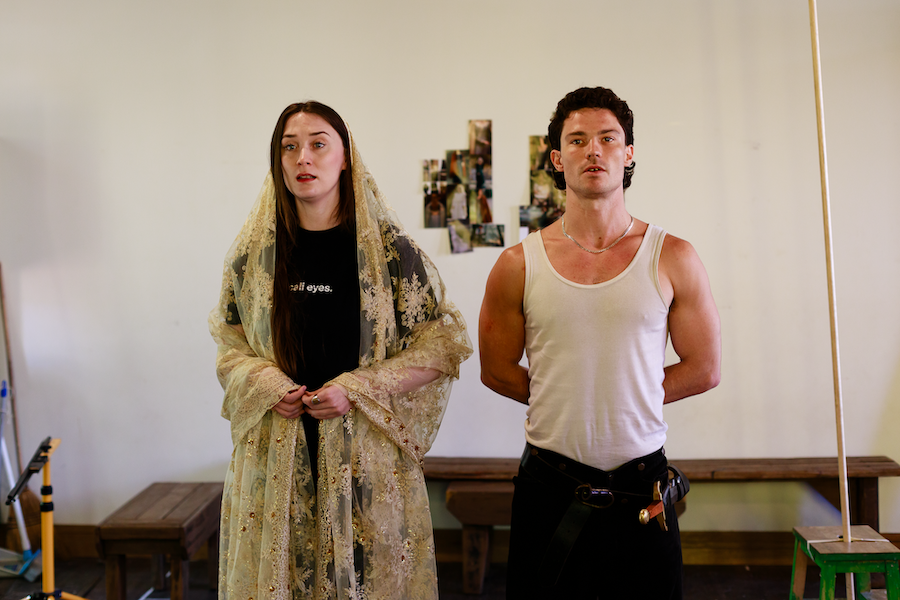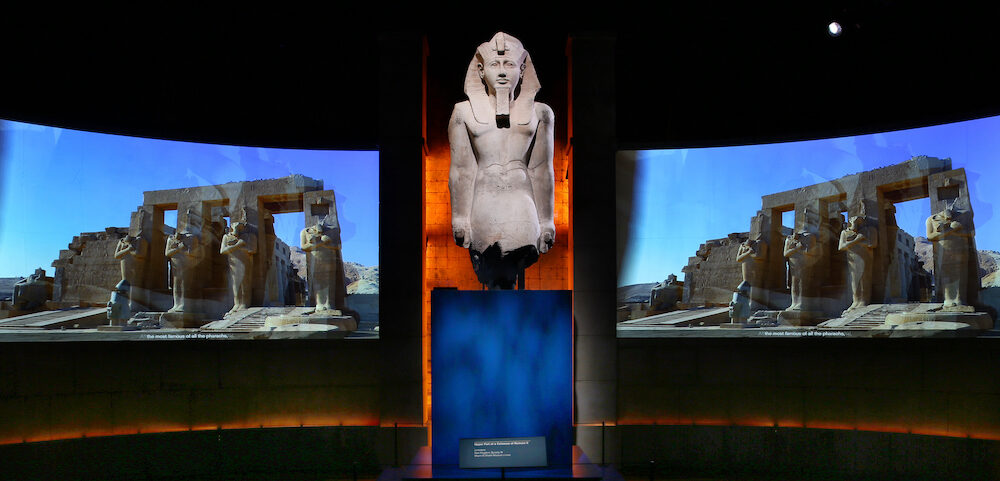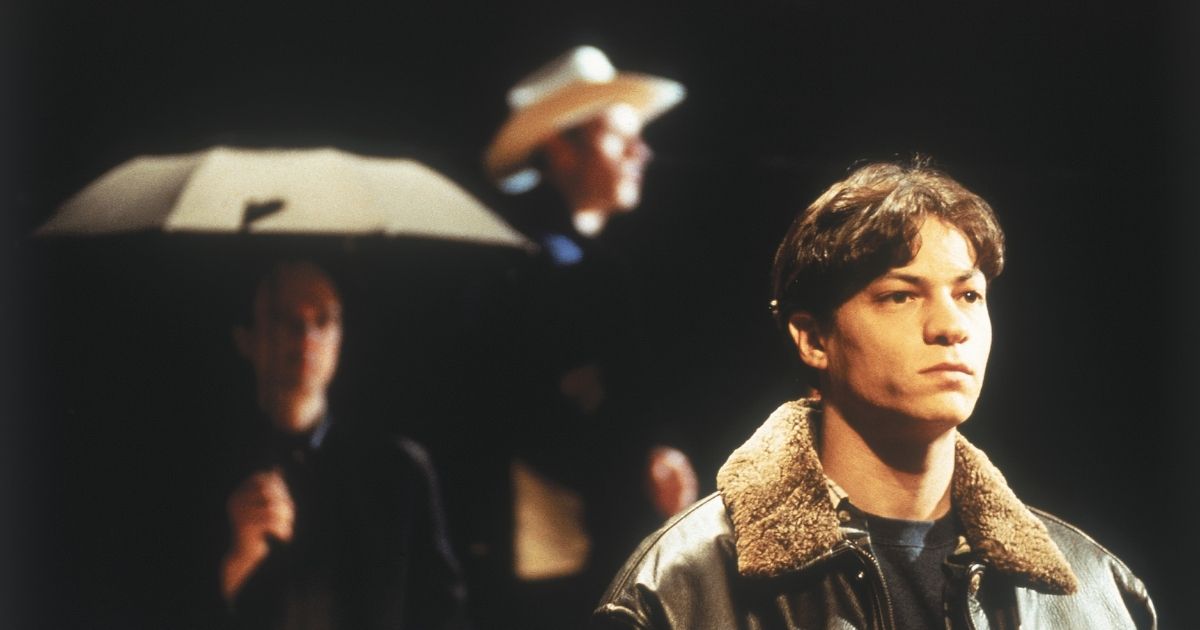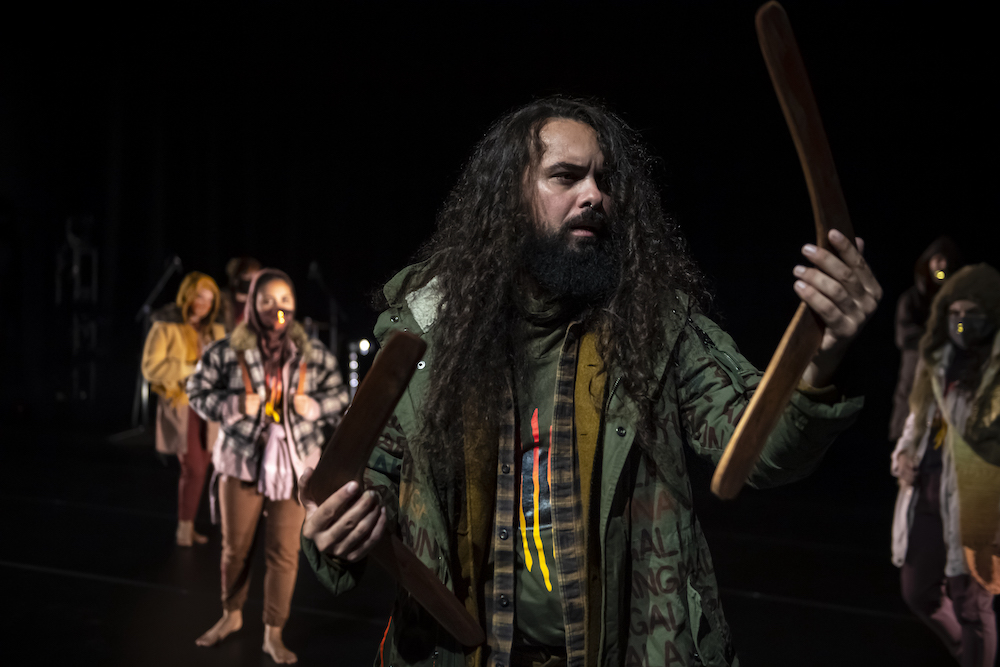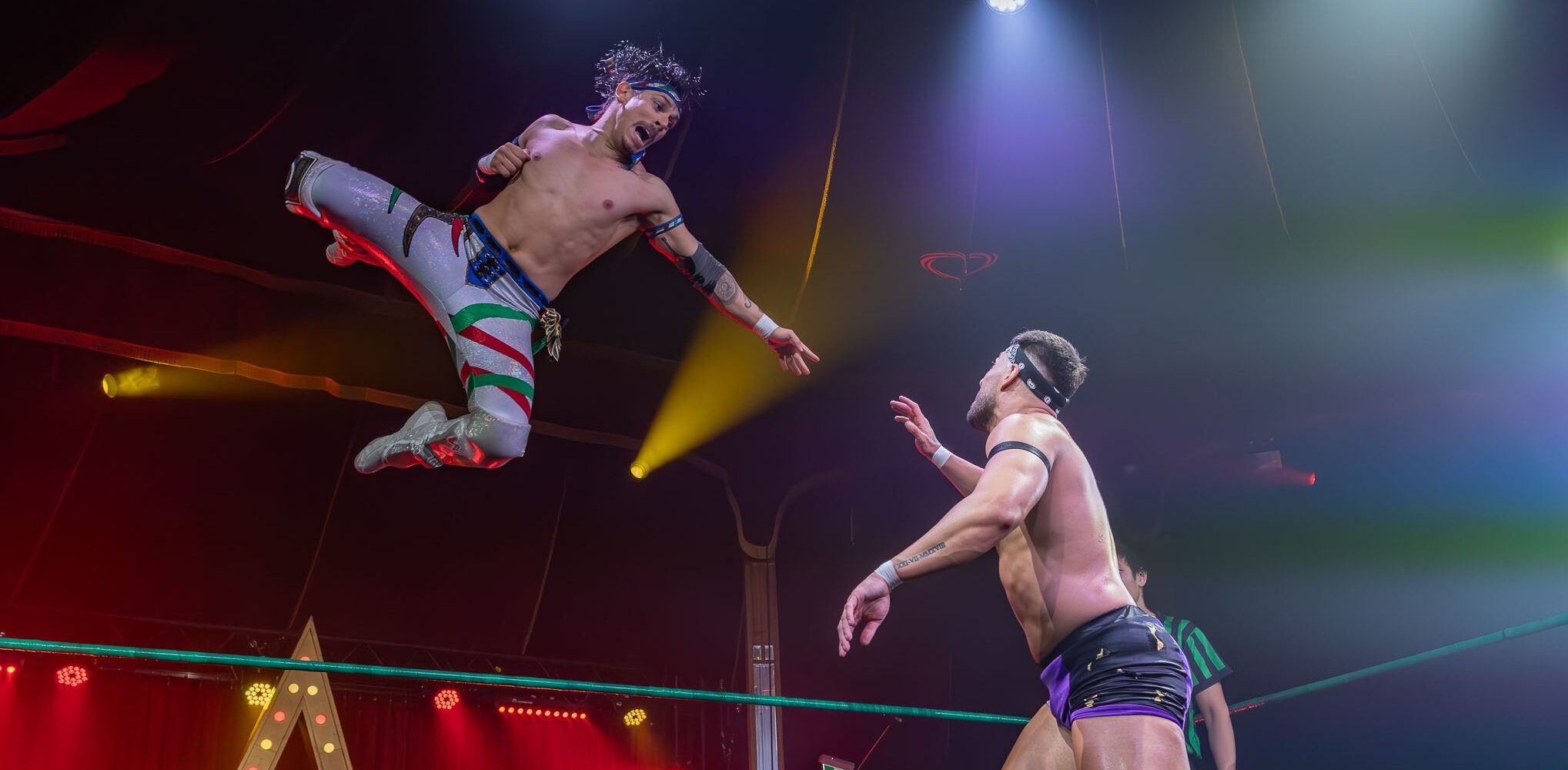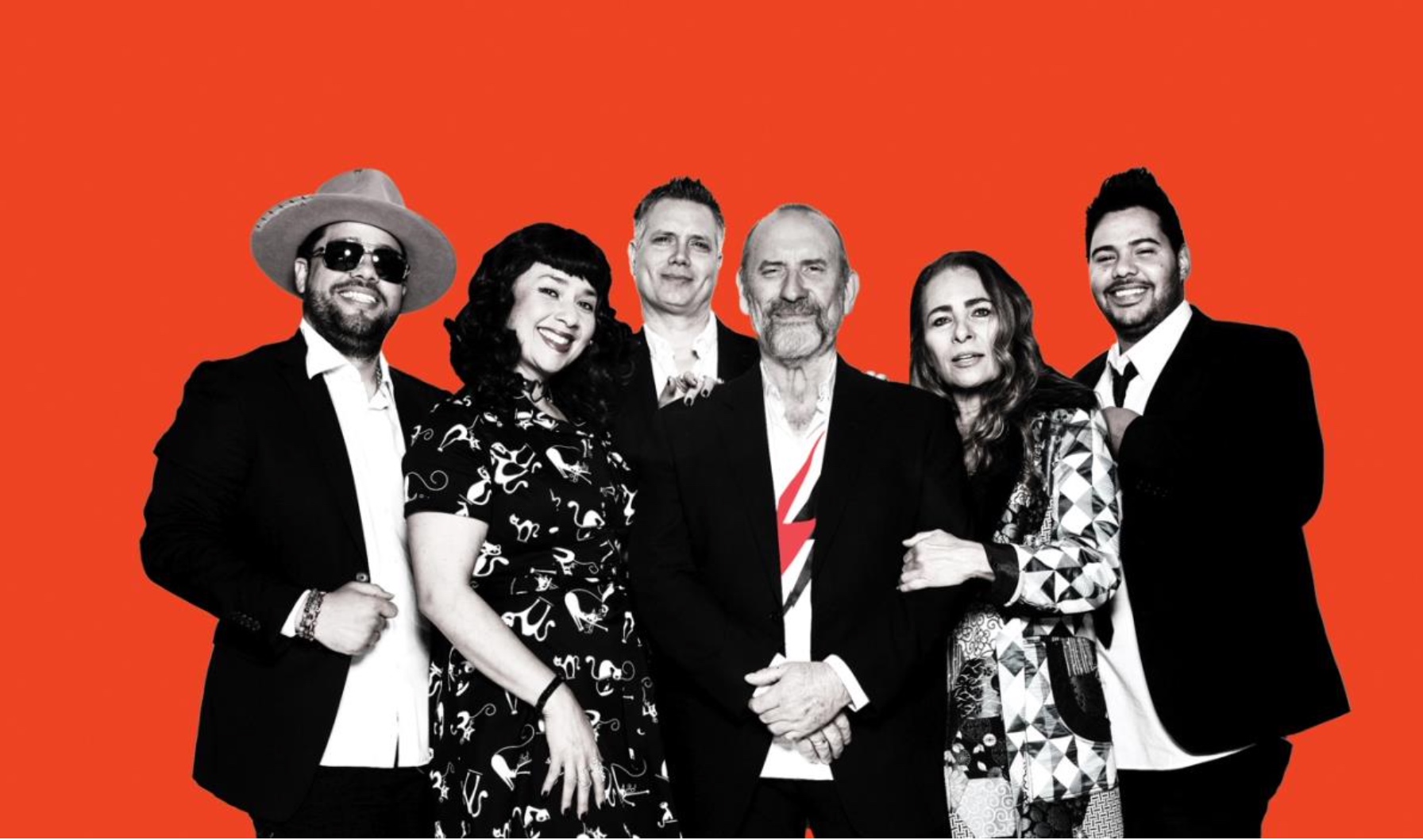
Queer Screen’s 24th Mardi Gras Film Festival
BY RITA BRATOVICH
Queer Screen’s 24th Mardi Gras Film Festival promises to be one of the biggest and best ever, with films traversing genres, cultures, languages, genders and style. Recognised as one of the most prominent film festivals in the world – queer or otherwise – it attracts filmmakers of every calibre and filmgoers of all tastes.
“If you’re a fan of cinema, there really is something for you at the festival,” said Festival Director, Paul Struthers. He and a core festival team scour festivals and call for submissions from around the world to ensure the MGFF program is eclectic while still maintaining a queer flavour.
“I think it’s our role as festival programmers to ensure the program is diverse in genre, diverse in sexuality, diverse in people of colour and diverse in the countries the films come from,” Struthers explained.
This year for the first time the program will include a category for Transgender Shorts and there will be a screening of Finding Dory for rainbow families.
The selection of documentaries is also broad and varied, covering subjects such as coming out, political activism, sex work, sports therapy, transitioning, poetry and equality.
There are some big name, big budget films with mainstream appeal, among them, King Cobra, based on the true story of a gay porn star and a dark, decadent world of jealousy, rivalry and scandal. It features A-listers including James Franco, Christian Slater, Alicia Silverstone and Molly Ringwald.
Amongst the Australian offerings is Bad Girl, a mind-bending, edge-of-your-seat thriller featuring Samara Weaving as the beautiful but unhinged Chloe and Sara West as the feisty, rebellious Amy. The claustrophobic setting of an incongruously modern house in a country town adds surrealism to the tension.
Director Fin Edquist describes the film as being about desire, but at cross-purposes – Amy desires love, connection; Chloe desires family, relevance. He credits the two lead actors with helping to shape the story and characters. Edquist is not a “queer film maker” as such, and feels honoured to be part of the Mardi Gras Film Festival. As a director he enjoys the lack of creative constraint afforded by festivals like this one:
“There’s a freedom in knowing it doesn’t have to conform and make $20million.”
The film’s editor, Simon Njoo, feels that being selected for a festival is a sign of acknowledgement and validation:
“When your film finds a home it’s really great because it’s recognition that an element of the story has resonated with someone, so your work is not in vain.”
One of the standout documentaries is Real Boy, an intimate look at transgender teen Bennett Wallace during the crucial stages in his transition, and his reluctant but lovingly committed mother who has her own difficult path to acceptance. It’s an honest, sensitive film, well made and with balanced, empathetic storytelling.
Another notable documentary is Upstairs Inferno by Robert L Camina, a poignant, graphic, heartbreaking and disturbing film that details a horrendous fire in a New Orleans gay club in 1973. The deliberately lit blaze claimed 32 lives and devastated many more, yet the event is little known even amongst the gay community, let alone more broadly. Camina has managed to collect historical photos, footage and news reports and track down and interview witnesses and survivors to put together this compelling account of a shameful, gut-wrenching episode in history.
On a lighter note, Pushing Dead is a wry comedy starring James Roday and a curmudgeonly Danny Glover. Dan (Roday) is a struggling writer who has lived as HIV positive for 22 years. A bureaucratic misstep causes him to lose his health cover temporarily, throwing him into a circle of panic, desperation and a futile battle with “the system”. Bob (Glover), a stubborn, unintuitive grouch can’t understand why his wife suddenly decides to leave him. It’s thin but entertaining.
For many years, a key feature of the Festival has been My Queer Career [SOLD OUT], a competition for locally produced, queer-themed short films. There were a record number of submissions this year, arduously short-listed to 10 finalists. Apart from the lucrative prize money, success in this competition can help hasten further filmmaking opportunities. Once again, the subject matter covers all sorts of ground.
Adult is an adaptation of a Christos Tsiolkas short story, set in the 1990’s and examining the complex attitudes to sex.
“It is an honour to be screening Adult amongst a strong program of queer short films in this years festival, and I am eagerly and nervously awaiting seeing the film for the first time with an audience!” said Cyna Strachan (co-producer with Liam Heyen).
Fight For Rainbow recounts the story of 56-year-old Alan who overcame an adverse socio-political climate in India and family pressures to come out, fall in love and chair the Metropolitan Community Church in Sydney.
“I am passionate about bringing to light social issues affecting the LGBTIQ community and narrating stories of their trials and self-empowerment through heartfelt and thought-provoking films,” said Tanuj J Narula (director and producer).
In Happy, a lonely, sexually inexperienced woman decides to take a chance on a dating app and has a casual encounter with another woman, which leads to unexpected personal revelations.
“Our film, Happy, is set and created in Sydney. So we’re thrilled to be having our hometown premiere at Queer Screen, a vital, community-driven festival that embraces diverse voices and authentic stories,” said Laura Dudgeon (director). (RB)
Mardi Gras Film Festival
Feb 15–Mar 2. Event Cinema, George St/various locations. Single sessions $17-$19, Flexi 5 ($70-$85) & Flexi 10 ($130-$160) & free sessions. See website for full program details: www.queerscreen.org.au




